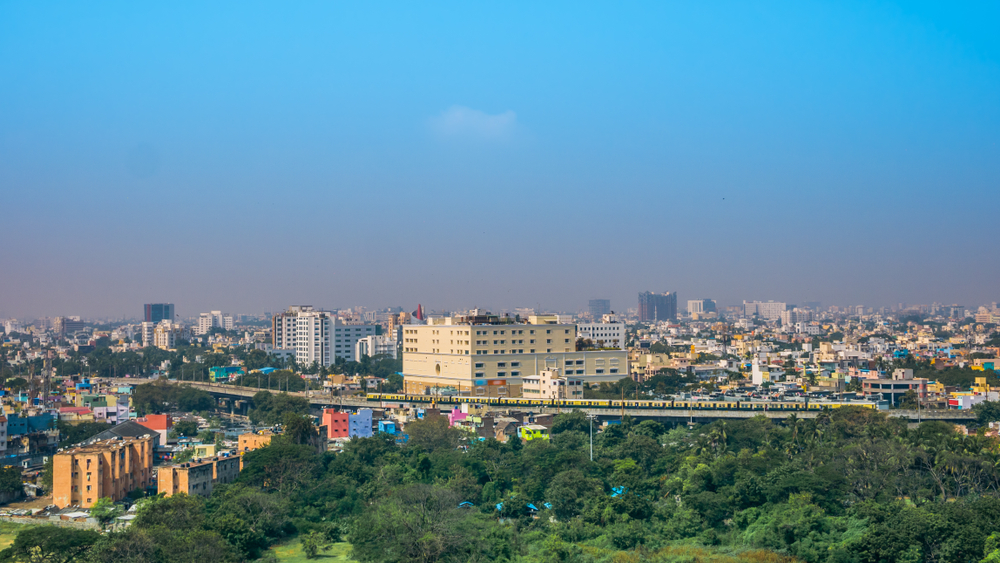India’s housing market thrives in Q2
India’s housing market is currently one of the world’s most resilient markets

India’s housing sector has been expanding continuously over Q1 and Q2 on the back of declining supply as hybrid and remote work become the new norm.
Rental housing demand went up by approximately seven percent in Q1 2022 due to higher demand in Ahmedabad, Bengaluru, Delhi, Gurugram, and Noida.
The Deccan Herald noted that the segment was driven by the working population and that the majority of tenants in Bengaluru, Hyderabad, and Mumbai were in the banking, insurance, and software industries.
The total rental housing demand in Q2 2022 went up 29.4 percent QoQ, up from 15.8 percent in Q1, and 84.4 percent YoY. Data revealed that search volumes in Bengaluru, Greater Noida, Hyderabad, and Pune witnessed the highest growth of 54.5 percent, 42.9 percent, 42.0 percent, and 39.6 percent QoQ, respectively.
There was a three percent QoQ and 28.1 percent YoY growth in the cumulative supply across 13 Indian cities, according to the Financial Express. The highest growth rates were recorded in Chennai, Bengaluru, and Hyderabad, at 17.4 percent, 15.1 percent, and 9.4 percent, respectively.
India’s housing market is currently one of the world’s most resilient markets. The market is now dominated by experienced players, who innovate on construction techniques and manage construction costs better, resulting in enhanced financial results for real estate developers.
Ultimately, now is the perfect time to invest in India’s world-class residential real estate market.
Employees and students alike are looking for rental housing near offices and schools to reduce their commute time. In conjunction with an increase in office occupancy and operations, the rental housing market will also improve.
“With schools and offices reopening, the workforce and students are moving back from their native cities to the metros, leading to an increase in demand for rental homes. The supply of rental homes is growing slowly compared to last quarter with available vacant homes decreasing and units not being replaced quickly by new supply as most of them are being bought by end-users and not investors. However, we expect the growth momentum to continue for the next few quarters,” said Sudhir Pai, CEO of Magicbricks.
The Property Report editors wrote this article. For more information, email: [email protected].
Recommended
Why everyone is moving to Selangor and Johor: Malaysia’s real estate comeback
Malaysia’s upturn in fortunes is especially prevalent in secondary destinations such as Selangor and Johor
Penang’s silicon boom: How the US-China tech war is supercharging local real estate
Penang’s booming semiconductor industry has created ripples within the local real estate sector
New leader, new opportunities: How Hun Manet is shaking up Cambodia’s real estate game
Hun Manet is overseeing decent economic growth and widening access to the country’s real estate market for foreigners
Singapore embraces inclusive housing reforms amid resilient demand
The Lion City’s regulatory strength continues to exert appeal for international investors








